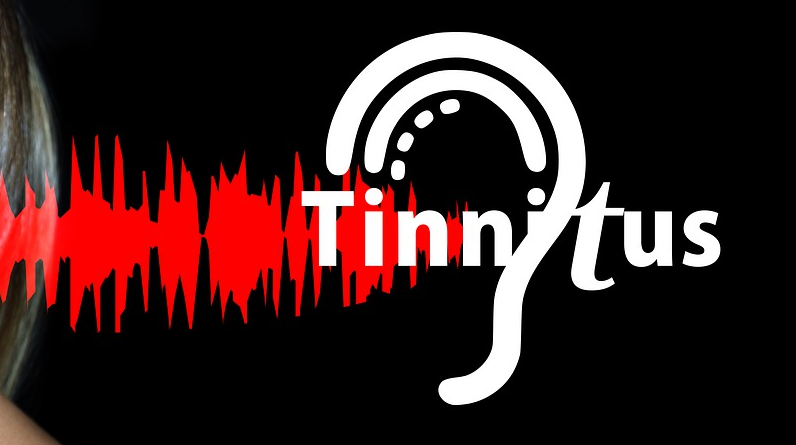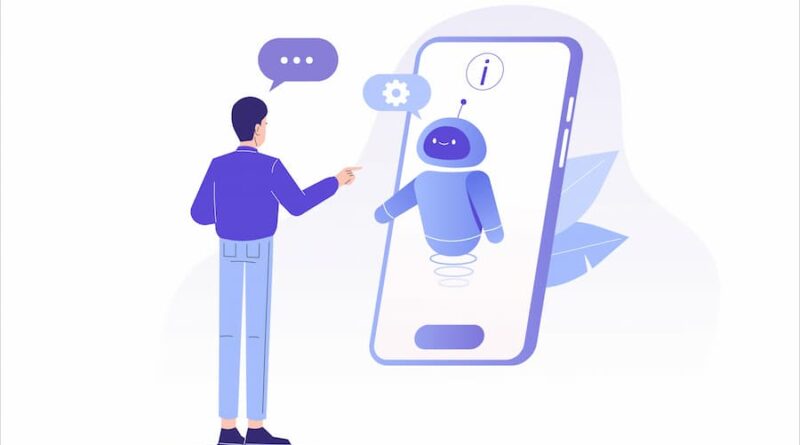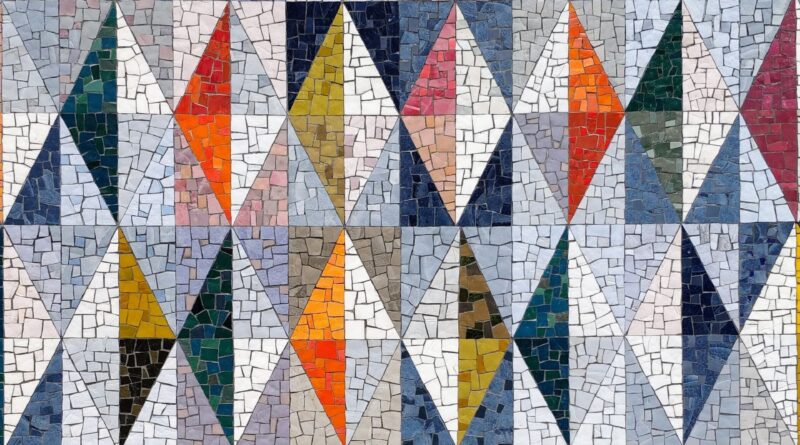Times New Plural – The Multiple Temporalities of Contemporary Life and the Infosphere
We might illustrate the infosphere by picturing a person walking down a street in the weather of the day (rain, sun, wind, etc), negotiating traffic, other people, obstacles, using services, all the while with their smartphone; messaging, listening to a podcast, on a video call, checking bus times, etc. This example highlights everyday plural temporalities; as the various activities occurring here include the general time, work time and ‘free’ time, the temporalities of the online network their device is operating within, the device’s battery life, the time of whoever else is being communicated to via messaging or video call, the time(s) of other people around.
Read More













